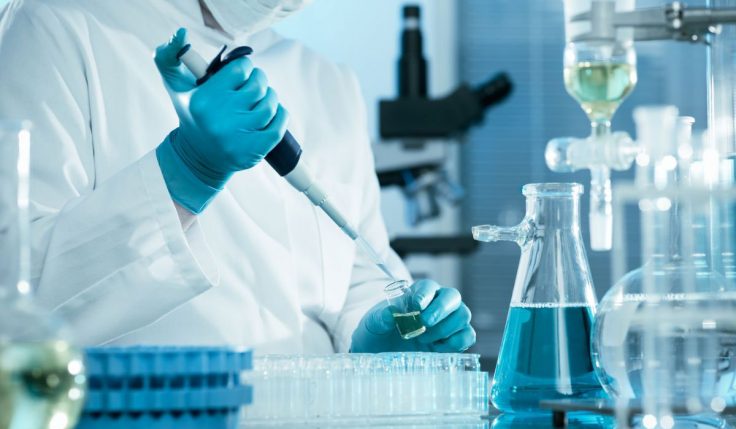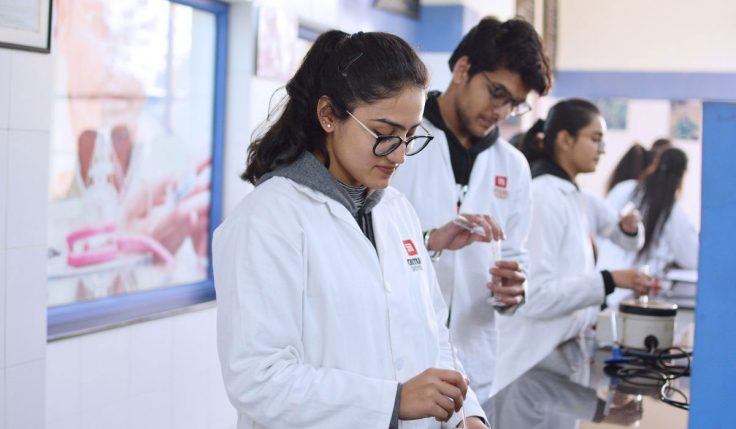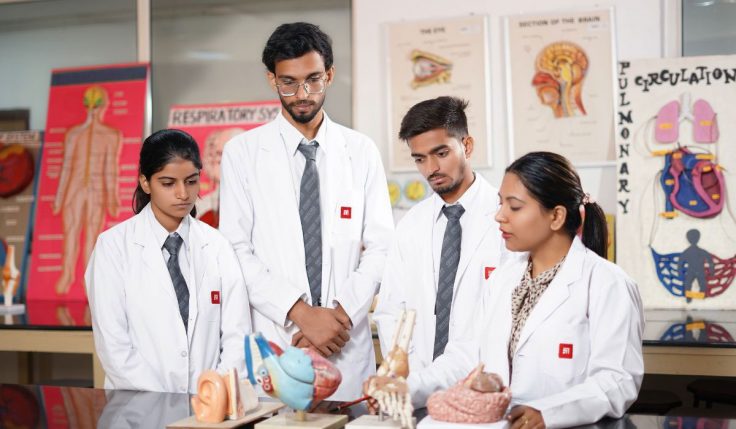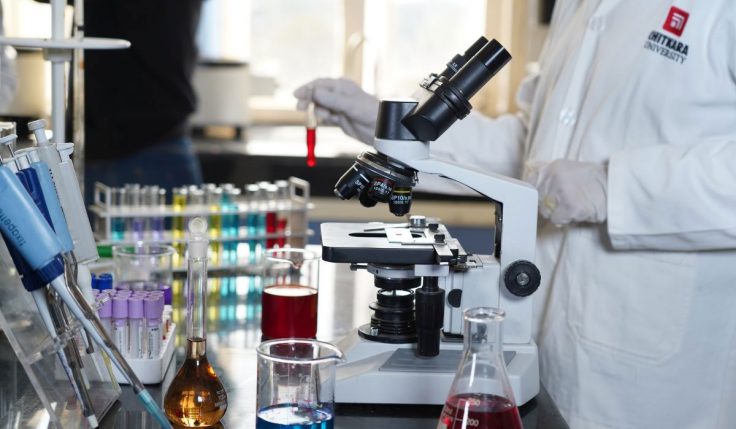Radiology is central to the clinical practice of medicine across a wide range of disciplines. It is the best practical way to diagnose, monitor treatment, and detect the progression or relapse of many important and common diseases. B.Sc in Medical Radiology and Imaging Technology is the health profession that deals with the administration of radiation in the diagnosis of disease, assessment of injury, and evaluation of treatment.
For those who are interested in the diagnostic side of the field of medicine, Radiology is a great career. In recent years, the increasing complexity of radiologic procedures has made Medical Radiology and Imaging technology a highly specialised and sophisticated science that requires competently trained personnel to maintain a high degree of accuracy in radiographic positioning and exposure technique.
Pursuing a program such as the B.Sc in Medical Radiology and Imaging Technology trains the students to address the growing need for professional Radiology technologists.
The B.Sc in Medical Radiology and Imaging Technology is a study program that gives students insight into how radiology and imaging technology are used for the diagnosis of various diseases and ailments in the human body.
In this blog, we will discuss how B.Sc Medical Radiology helps you become proficient in taking X-rays to diagnose at an early stage. If you are interested in pursuing this program then keep reading to learn more.
4-Year B.Sc. Medical Radiology and Imaging Technologist
A Medical Radiology and Imaging Technologist is a healthcare professional who is responsible for employing a wide range of imaging techniques and equipment to produce high-quality images at the time of any disease or injury. These professionals take images using many techniques, such as X-Rays, Mammography, CT (Computer Tomography), MRI (Magnetic Resonance Imaging), DEXA, Fluoroscopy, Angiography, etc.
The Chitkara School of Health Sciences offers a four-year program in B.Sc. in Medical Radiology and Imaging Technology (including one year of clinical training/internship) in compliance with the guidelines from Ministry of Health and Family Welfare of India. The program aims to train students with the requisite skills in the area of medical radiology & imaging technology and is taught with a blend of classroom and clinical education.
When it comes to clinical training, the students experience hands-on learning in all disciplines of imaging and are under supervision for performing diagnostic testing in the Department of RadioDiagnosis and Imaging.
Students undergo training on rotation basis in technologically advanced equipment such as CT (computed tomography), MRI (magnetic resonance imaging), DSA, DEXA, mammography, CR, DR, fluoroscopy and digital mobile X-ray machines. Some of the fundamental topics covered in this study program are mentioned below.
- Anatomy and Physiology
- Introduction to Quality and Patient Safety
- Fundamentals of the Physics of Medical Imaging and Radiology
- Equipment for Radio Diagnosis
- Radiology Planning and Quality Control
- Interventional Radiology and Drugs Used in Diagnostic Radiology
- Research Methodology and Biostatistics, Medical Law, and Ethics
- Special Radiographic Techniques and Procedures
Pursue a 4-Year B.Sc Medical Radiology and Imaging Technologist at Chitkara
The curriculum of this study program offers comprehensive and real-life training essential for becoming successful in diagnostic imaging. The university has partnerships with some of the leading acute care facilities, diagnostic centres, and hospitals all throughout the community to provide excellent clinical training experiences.
In addition, the course is provided in a long-standing partnership with Fortis Healthcare Limited to ensure that the curriculum is offered in an industry-aligned manner. Pursuing this course makes students competent and ready to become employable in the industry year after year.
The 4-Year B.Sc Medical Radiology and Imaging Technologist is an industry-endorsed program that helps in developing knowledge and skilled professionals to carry out radiological and imaging diagnostics in diverse settings all across India. It helps students pursue industrial, academic, and research careers in specialised fields, including Radiological and Imaging Technology.
Read this blog post: How Technology is Transforming Radiology & Imaging: A Look Ahead
Other than this, the below-mentioned reasons should make you choose the 4-Year B.Sc. Medical Radiology and Imaging Technologist program.
Industry Endorsed Program: This is an industry-designed program taught by qualified and experienced faculty experts. The aim is to offer enough industry exposure to train students to work with some of the top healthcare organisations, including Fortis Healthcare Network. Graduates of this program can quickly adapt to a diverse working environment and participate actively in interdisciplinary and multidisciplinary healthcare communities.
Practical Training: The program offers demonstrative and participatory practicals to students in well-equipped labs that help them acquire extensive training and advanced skills in radiology and imaging. The practicals are carried out using the latest equipment and in state-of-the-art labs to ensure that perfect techniques are learned during the imaging procedures. Students are groomed extensively to gain professional competence with a combination of classroom training and practical experience through industrial training and lab work.
Lab Work: The curriculum offers real-life training that is considered important in diagnostic imaging. The need for educated radiology technologists in clinics, hospitals, and physician’s offices is increasing continuously, and the field of Radiology shows higher than average job growth in the future.
Once you complete your degree, you will have many lucrative career options in front of you, including Radiological Technologist, CT scan Technologist, MRI Technologist, Mammography Technologist and Application Specialist
The B.Sc Medical Radiology program at Chitkara University is one of the highly specialised courses if you wish to become a part of the diagnostic side of the medical fraternity. The program is designed in a way that enables students to gain a wide knowledge of diagnostic medical science and also become competently trained professionals in detecting diseases at an early stage, which then saves humans from serious life-threatening situations.






